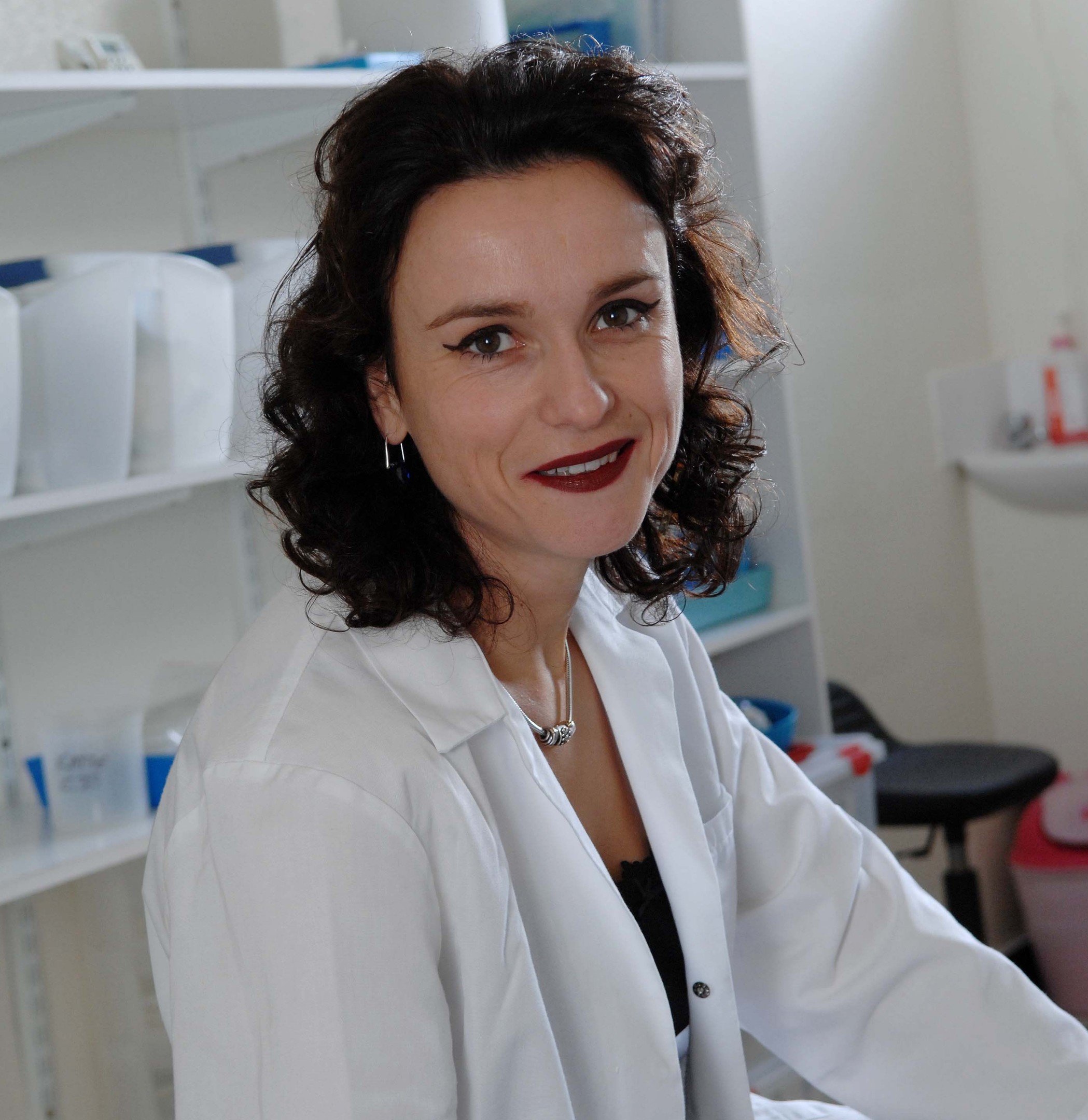Researchers at a north-east university are seeking pensioners to take part in a study examining how hunger changes with age.
Aberdeen University’s Rowett Institute of Nutrition and Health is looking to recruit 64 volunteers, aged between 65 and 75, to help with the study.
Men and women can both take part, but the team are specifically looking for participants who are lean, with a Body Mass Index (BMI) of less than 25.
Volunteers will complete two visits to the Rowett Institute where they drink two different protein shakes.
During these times they will be assessed on their motivation to eat and their appetite, this will involve them being asked questions on how hungry they feel, their desire to eat and prospective consumption.
This will take place every 30 minutes following the consumption of each drink, for three hours. They will then be asked to complete a 24-hour food diary.
Dr Alexandra Johnstone, senior research fellow at the institute, said: “The aim of the study is to measure subjective appetite responses following a high protein breakfast drink during two visits.
“What we then hope this will demonstrate is how to encourage lean, ageing consumers to enjoy a more nutritious diet which will help them to maintain good health.”
Although volunteers are being asked to attend the Rowett Institute of Nutrition and Health, it is possible for researchers to visit them if more convenient.
Dr Johnstone added: “We are specifically looking at an ageing population, which is often poorly researched, but I consider this to be an important area to research the influences on appetite and food intake.
“The issue of loss of muscle mass in the ageing population is a significant area of research for the EU.
“Appetite and food intake decreases with advancing age, therefore the risk of becoming malnourished is enhanced.”
The research has been funded by the European Commission. To find out more, or to sign up, contact Dr Johnstone on 01224 438614 or alex.johnstone@abdn.ac.uk or the research team at F4H@abdn.ac.uk or 01224 438691.
